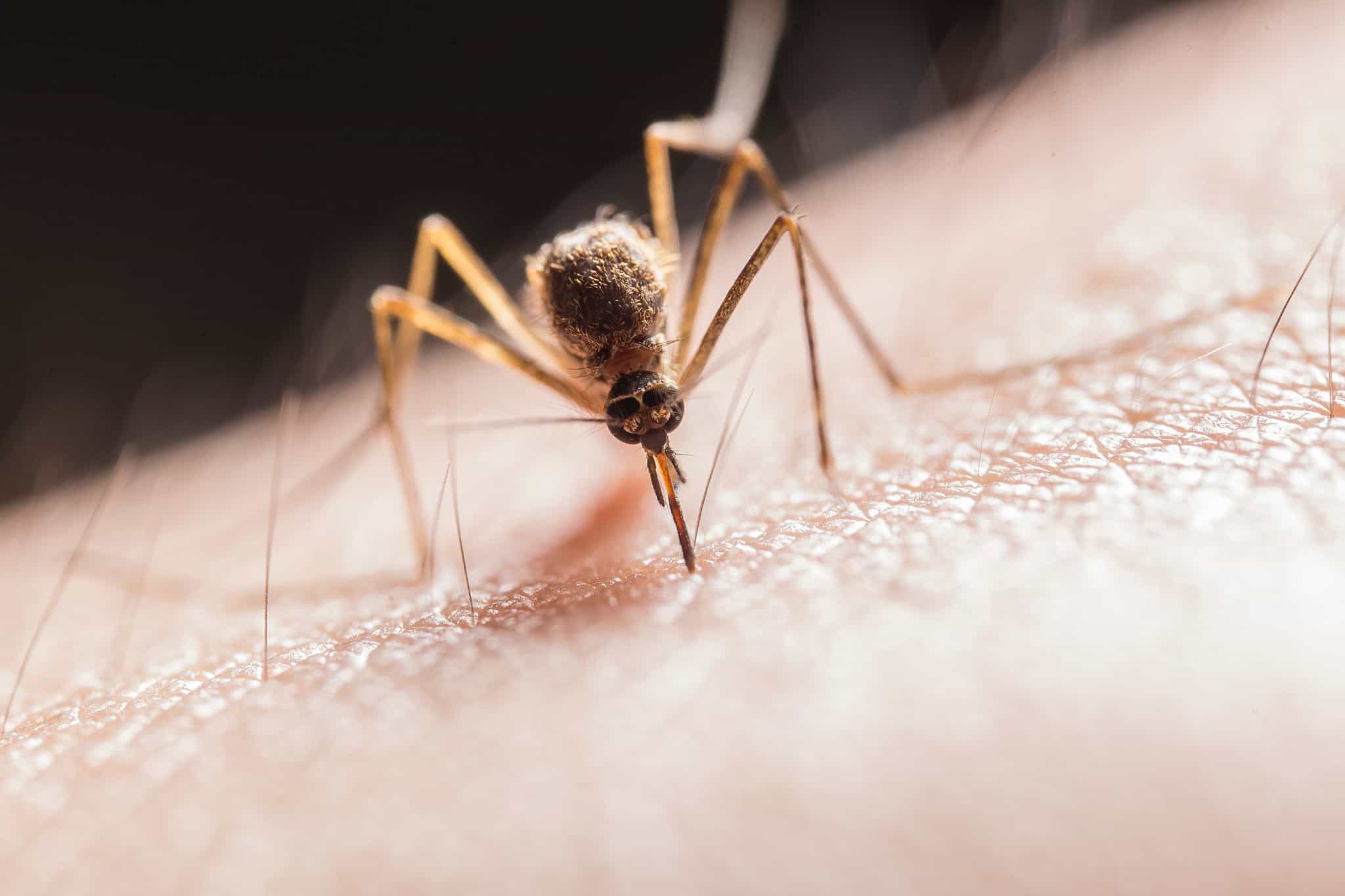More West Nile positive mosquitoes found, this time in Ajax, Pickering
Published August 2, 2024 at 12:11 pm

The Durham Region Health Department has discovered more West Nile virus-positive mosquitoes, this time in Ajax and Pickering.
The Department sets up traps throughout the Region every summer and tests the captured every week from June to September. The test on June 28 found positive mosquitos in Oshawa. However, the Health Department did not specify where in the city they set the trap.
This discovery discovery tracked with last year. In 2023, they discovered West Nile-positive mosquitos for the first time on June 21, also in Oshawa. They later popped up in Ajax and Clarington.
This year Ajax is also the second place the region found positive mosquitoes. The most recent test, announced on Aug. 2, found them in both Ajax and Pickering. However, the region again did not where in the community they were discovered.
Mosquitoes spread West Nile virus by drawing blood from an infected bird, then biting a human. People can’t get the virus from bird directly and can not spread it among themselves.
Most who contract the disease will suffer mild symptoms such as fever, headache, body ache, nausea, vomiting, and rash on the chest, stomach or back. However, in rare cases, more serious symptoms present such as muscle weakness, stiff neck, confusion, tremors, numbness and sudden sensitivity to light.
Generally, symptoms show up between two days and two weeks after the infected person is bitten. Even when bitten, contracting the virus itself is quite rare but residents should take precautions just in case.
These include wearing shoes, socks and long-sleeved clothes while outdoors, using bug spray with DEET, removing standing water from their yards and ensuring screens are in good shape.
Although the risk of becoming infected is low, the Health Department recommends that residents take the following precautions:
- Wear shoes, socks, and light-coloured clothing—including long-sleeve tops and full-length pants when outside—especially at dusk or dawn when mosquitoes are most active.
- Use insect repellent containing DEET or Picaridin on exposed skin, following Health Canada’s safety tips on using personal insect repellents.
- Remove standing water from your property where mosquitoes can breed.
- Ensure window and door screens are in good repair to prevent mosquitoes from entering your home.





